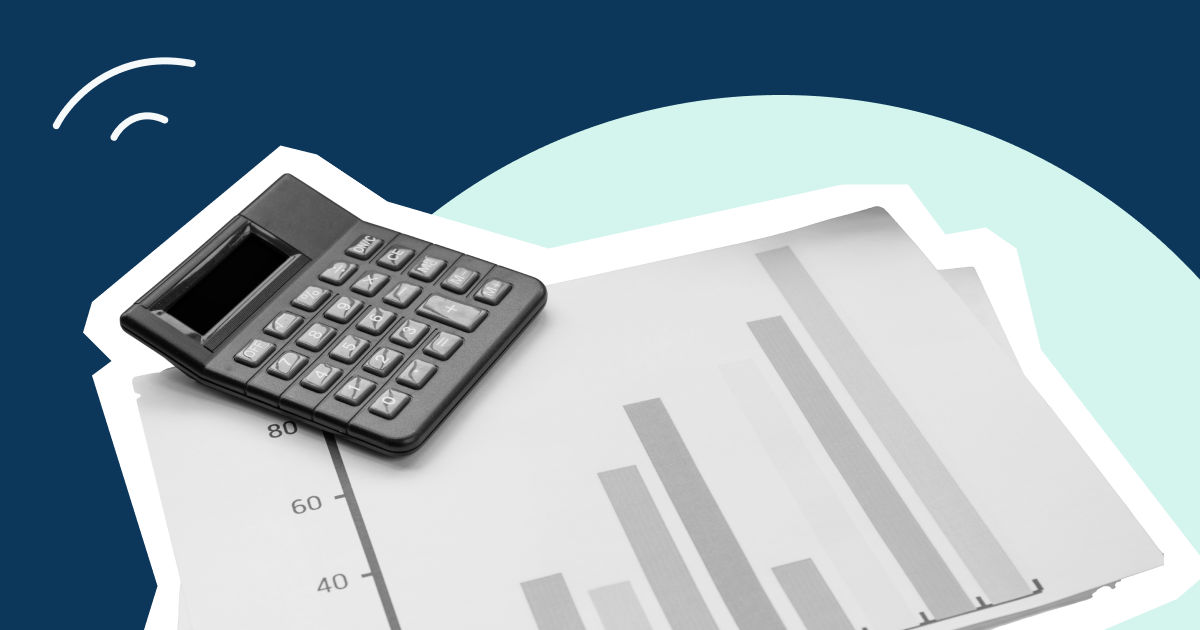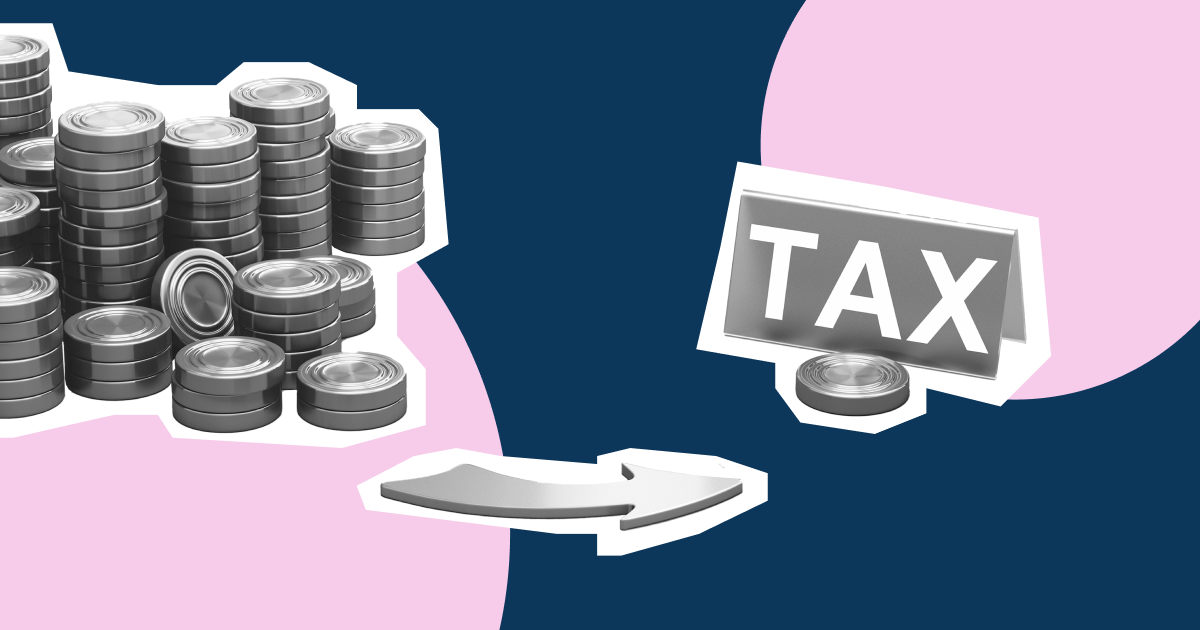Summary
Both big and small businesses need to pay special attention in managing their finances. This is true for all accounting processes, bookkeeping, and recordkeeping.
Recordkeeping for small businesses in this article refers to all aspects of recording that is related to accounting. Meanwhile, bookkeeping is based on recording all information about transactions and all financial activities. For example, tax accounting is a record that plays an important role for your company because it is even used to calculate profits in trading or doing business.
Recordkeeping for Small Businesses
The IRS (Internal Revenue Service) requires businesses to keep certain tax records for certain periods. Business people do not need to worry too much when the tax time arrives because tax records are not in order.
Messy tax records can cost you deductions, and if you are audited, it may incur costs and cause even greater problems. That is certainly important for you to know, especially if your business capital is obtained from business capital loans from banks or online loans through digital credit cards.
Here are the 8 tips for small businesses that you must know and understand.
Set up an accounting software system for your business
If you want proper tax records, it is very important to have good accounting software. You may want to outsource the preparation of your final tax return to a professional, such as an accountant.
Your final tax return is a product of your recordkeeping, so it is important to choose accounting software that can give the best results.
Burden of Proof for Your Business Taxes
When you make an entry, for example for income, expenses, or deductions on your tax return, then you have what is usually known as the burden of proof.
In this case, business owner is required to be able to prove that you indeed have the right to certain deductions and expenses in order to meet the conditions for making the claims.
The question then is how do you establish proof? Through good recordkeeping. If you have records supporting those deductions and expenses, you have fulfilled the burden of proof for the IRS.
It is highly recommended not to take deductions or claim income without having accurate documentations to provide as proof.
Source Documents for Accounting Journals
Accounting journals is basically a simple accounting process for small businesses. Source documents for purchases, like cancelled checks and receipts, are something you use to create accounting ledgers and journal entries.
They are also your documentation for claimed tax deductions. The original paper documents need to be kept together with the ledgers, where you record all transactions.
In case of fire or other disaster, each source document has to be scanned into computer files and stored properly on a flash drive.
EFT and Your Business Payments
The world of technology is becoming increasingly advanced and sophisticated. No wonder if technology can change the way a person runs a business. Instead of writing checks on paper for transactions, people now use credit or debit cards, or electronic funds transfer (EFT) to pay bills.
Then, how can you make sure that you have the proper source documents for the IRS under these circumstances?
If you are an EFT or credit/ debit card user, use your bank's financial statements as source documents. For EFT, the statement must show the amount transferred, the payee’s name and the date the transfer was done by the financial institution to the account.
For credit/ debit cards, the statement have to show the amount charged, the payee's name, and the date of transaction. Proof of payment does not mean you are entitled to a tax deduction. Keep credit card slips and invoices to support your claim of a deduction later.
Daily and Monthly Summary of Cash Receipts and Disbursements
You always need to take note on your accounting, not only when you need to calculate your profit or net income. There are many benefits from good recordkeeping for your business.
The daily and monthly cash receipts and disbursements worksheets are worth their weight in gold. Whatever is missed in the accounting ledgers and journals can be found here.
Again, you will need reliable source documentations. Disbursements, such as expenses for phone and internet service and for auto expenses, can be taken from here as possible tax deductions.
Pay Attention to Your Petty Cash
Every transactions made out of the petty cash must be treated as cash disbursements with a source document. Some can be tax deductible.
Employee Payroll Tax Deductions
This can be very complex. The guide usually focuses on personal tax, but this article summarizes the implications of employee business tax. Remember to keep excellent records for each of your employees.
How Long to Keep Tax Records?
Recordkeeping for tax is required as long as it may be needed for administration of any part of the tax code. If you have employees, you must keep their records for no less than 4 years. To be safe, keep employee records for 7 years. If you owe taxes, keep your records for at least 3 years.
Meanwhile, if you own property, keep the relevant records until the period of limitations expires. If you have reportable income but do not report it, and it is more than 25 percent of your gross income on the tax return, keep your records for at least 6 years.
Looking for an unsecured loan? Or, do you want to find an interest-free digital credit card? You can consider Aspire. It is similar to Kredivo or Akulaku but Aspire is specifically for SMEs and businesses so it offers longer tenors, namely 60 days or 2 months, with 0% interest.
Aspire also offers Drawdown feature which can be used to make withdrawals up to the credit limit.
That is all the information we can share about recordkeeping for small businesses. Hopefully, this article is useful for small business owners like yourself.









%201.webp)


.webp)